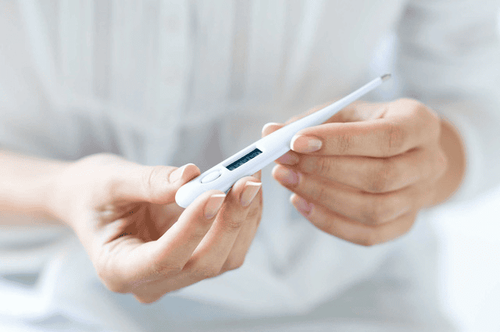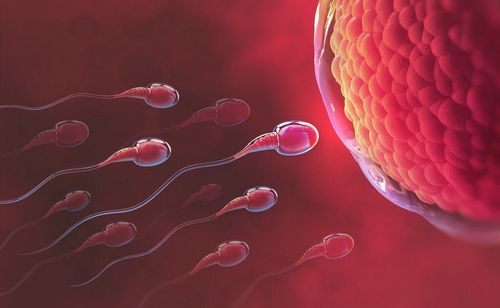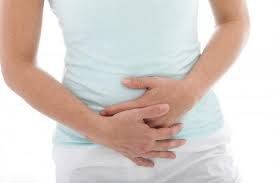This is an automatically translated article.
The article was professionally consulted with BSCK I Le Hong Lien - Department of Obstetrics and Gynecology - Vinmec Central Park International General Hospital.1. What is ovulation?
Ovulation is the phase of the menstrual cycle when a mature egg is released from the ovary and travels down the fallopian tube to wait for the sperm to meet the egg and fertilize it.If the fertilized egg will start the process of cell division, at the same time move to the uterus, until the blastocyst is formed, it will implant in the uterus and if the implant is successful, the pregnancy process will begin. If the egg is not fertilized, it will break down and the lining of the uterus will be shed during menstruation.
Usually, ovulation occurs about 2 weeks before the start of your period and can vary from month to month.

2. What are the symptoms of ovulation?
So what are the symptoms of ovulation? Accordingly, you can recognize the signs of ovulation by a number of changes in the body such as:Change in vaginal discharge: This is the most common symptom that indicates ovulation. You can see a clear increase in vaginal discharge. After ovulation, the amount of mucus will gradually decrease. Changes in basal body temperature: Your basal body temperature at rest will rise slightly during ovulation. You can use a thermometer to measure your body temperature, preferably in the morning before you get out of bed. Pelvic or lower abdominal pain: If you have mild pain in your pelvis or lower abdomen, bloating, this could be a sign that you have ovulated. Cervical changes: During ovulation, your cervix may become taller, softer, and more dilated. If you want to check your cervix for changes, you should stand in the same position as you would a tampon.
3. When should you have sex to increase your chances of getting pregnant?
To increase your chances of getting pregnant during ovulation, doctors say it's best to have sex at least every day, especially for the 5 days before you ovulate. This is the most favorable period for sperm to survive for a few days inside the female body to wait for ovulation.
However, if your menstrual cycle is irregular, in addition to the body's changes that can be detected on its own, you can use some other methods to determine the signs of ovulation as follows:
Using test strips Ovulation: For some women with irregular menstrual cycles, this is a simple but extremely effective way. Ovulation test strips urine test to check the level of LH hormone, if the result shows 2 lines positive, then you are ovulating. Ultrasound determines ovulation: Ovarian follicle ultrasound is a highly accurate method for those who have irregular menstrual cycles or are expecting pregnancy. Ovulation ultrasound allows you to know for sure if you are ovulating. Vinmec International General Hospital is one of the hospitals that not only ensures professional quality with a team of leading doctors, modern equipment and technology, but also stands out for its examination and consulting services. and comprehensive, professional medical treatment; civilized, polite, safe and sterile medical examination and treatment space. Customers when choosing to perform tests here can be completely assured of the accuracy of test results.
Please dial HOTLINE for more information or register for an appointment HERE. Download MyVinmec app to make appointments faster and to manage your bookings easily.
Article reference source: mayoclinic.org, webmd.com













